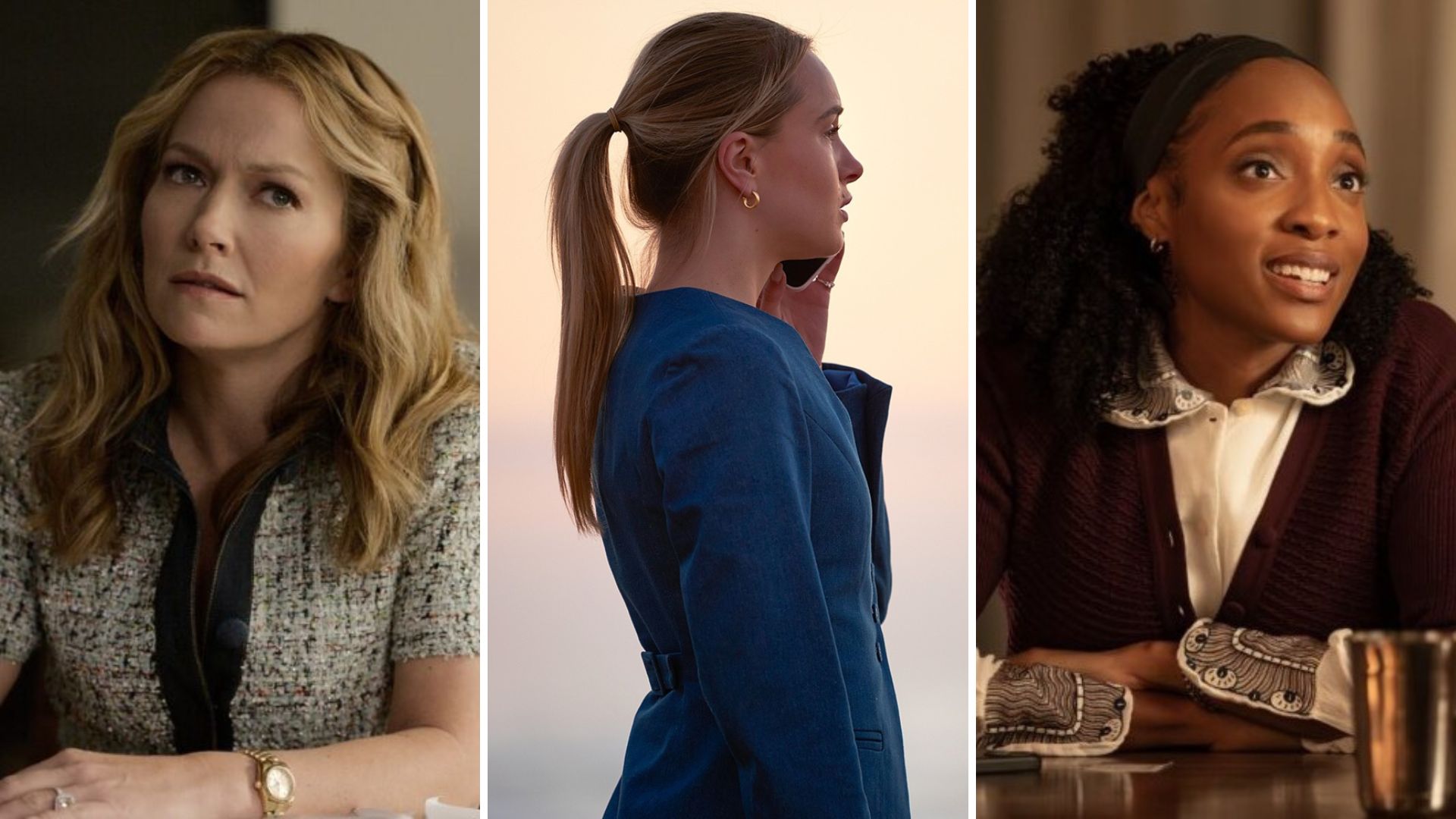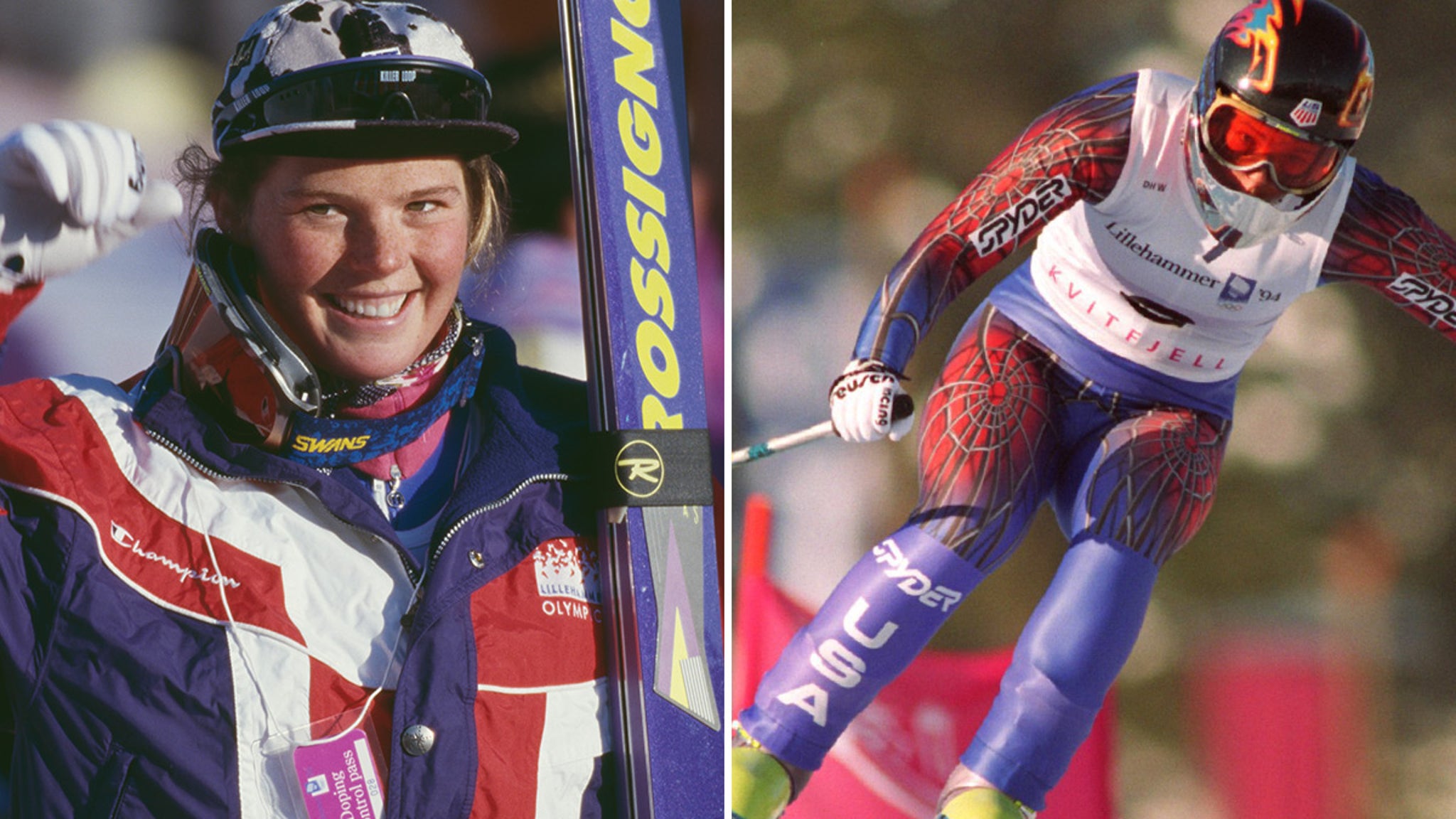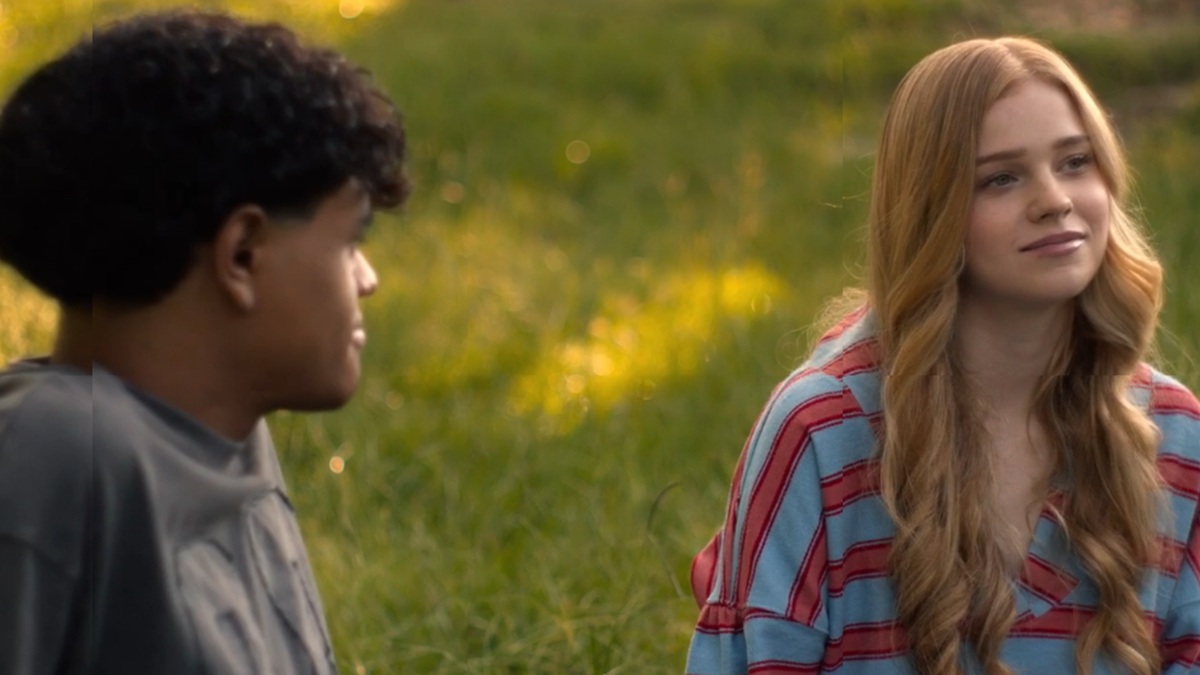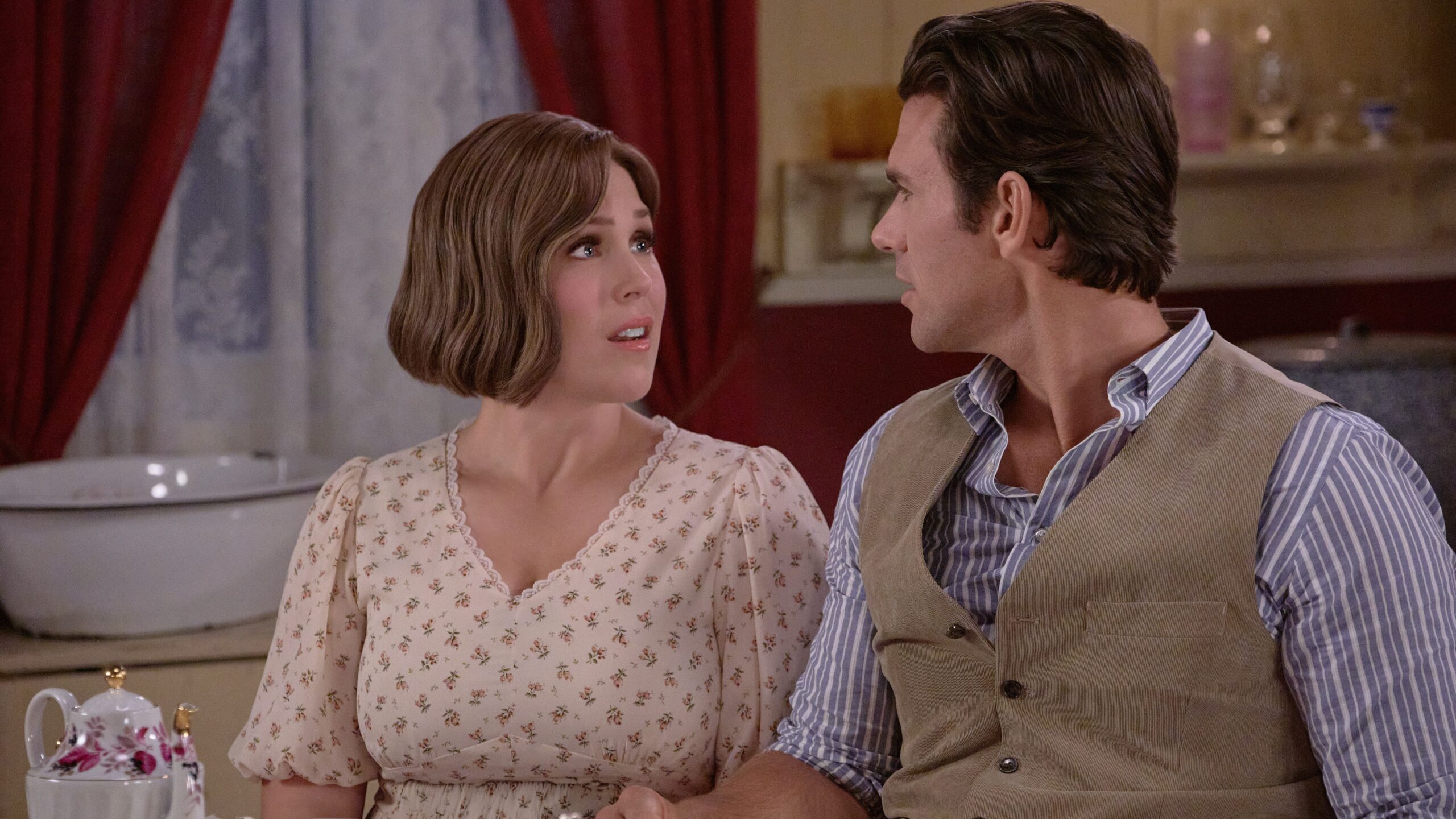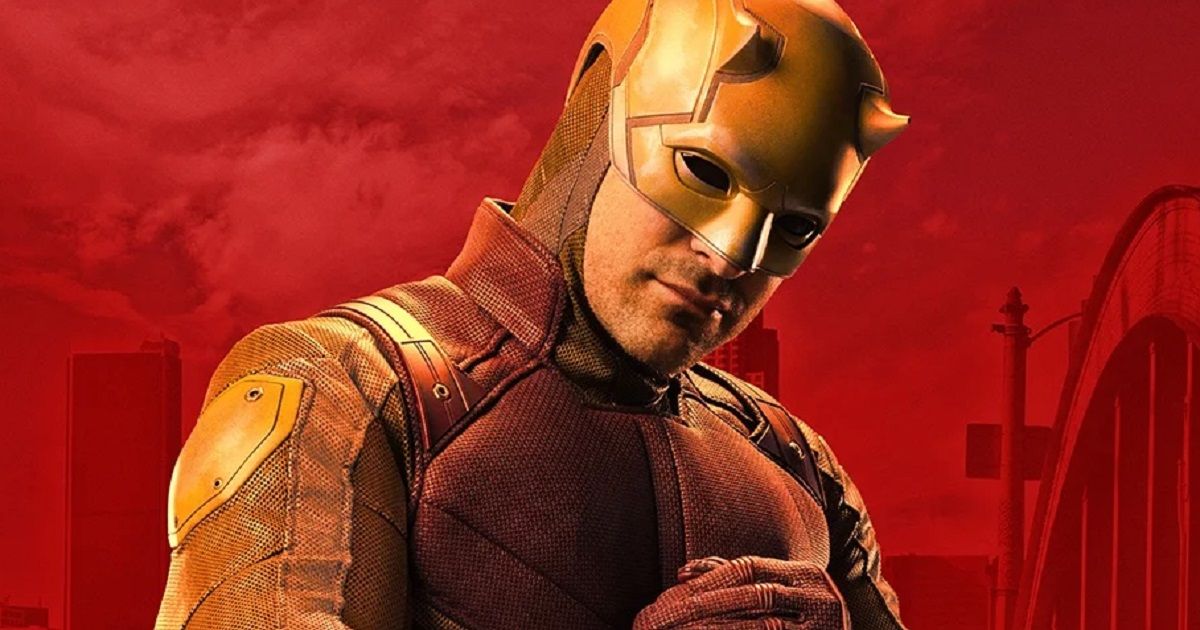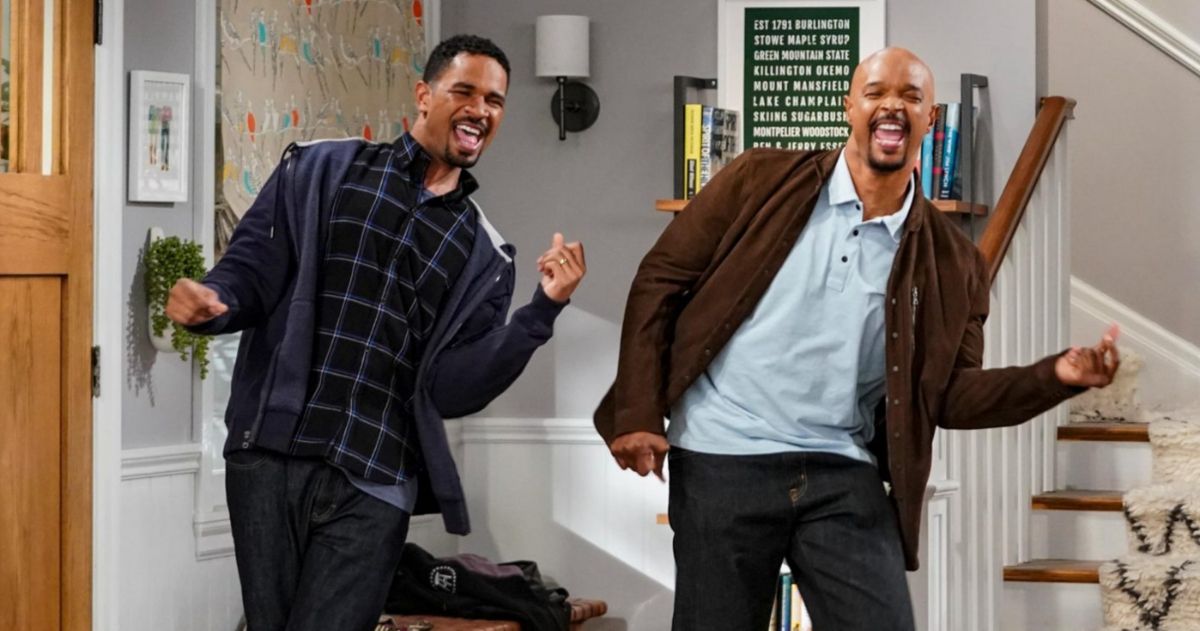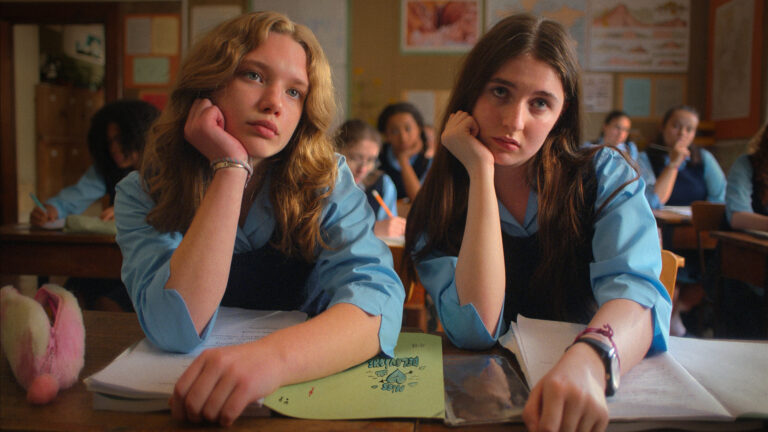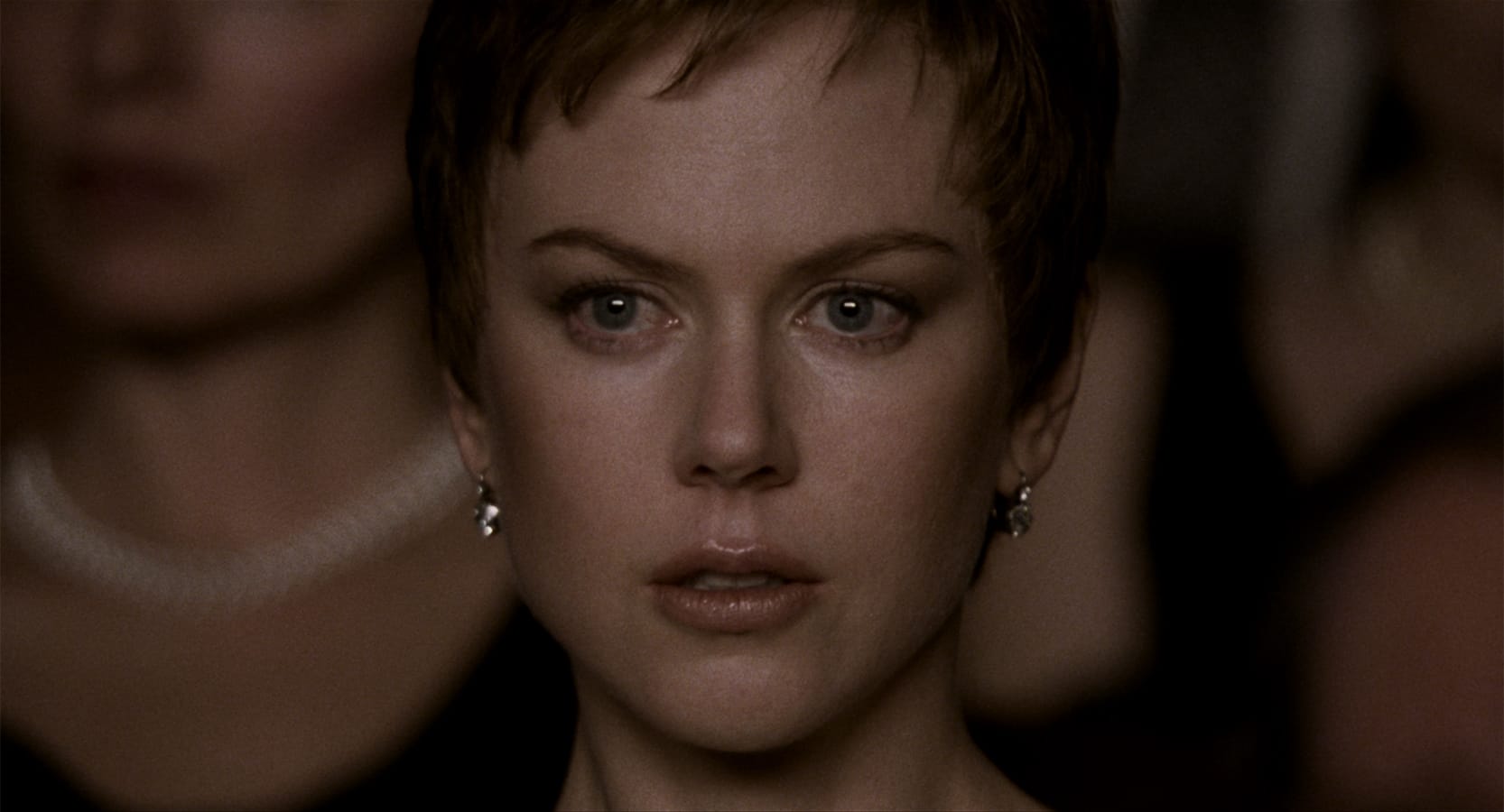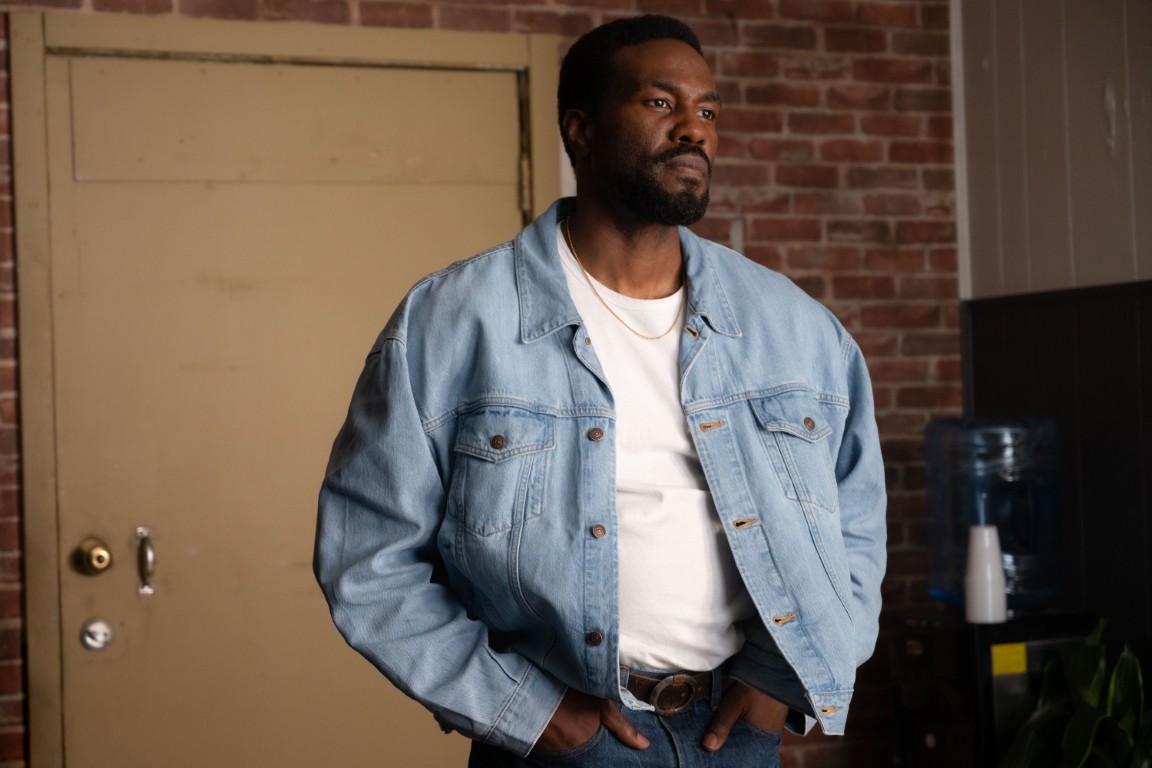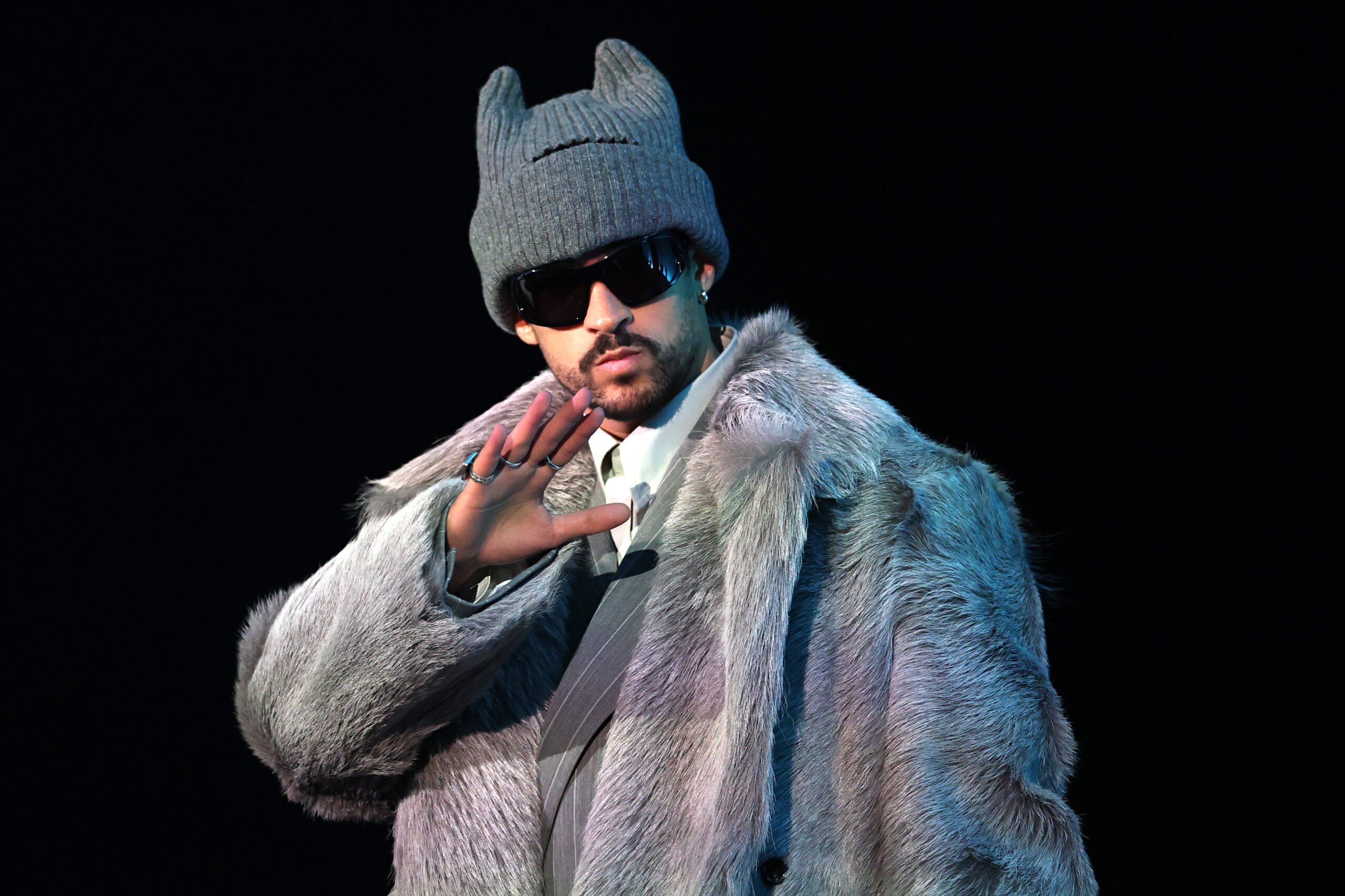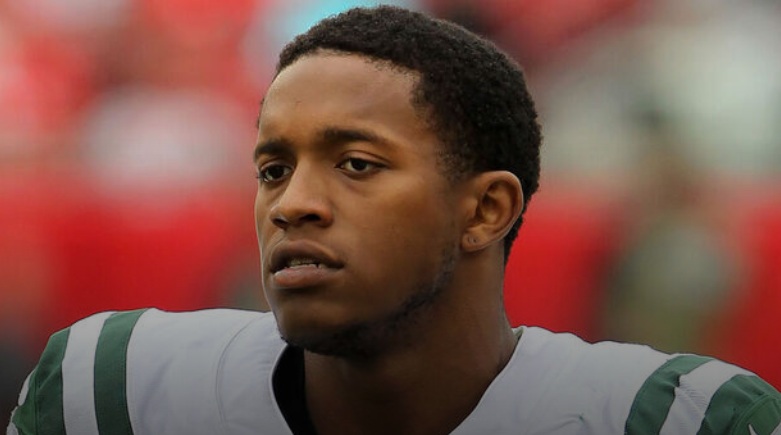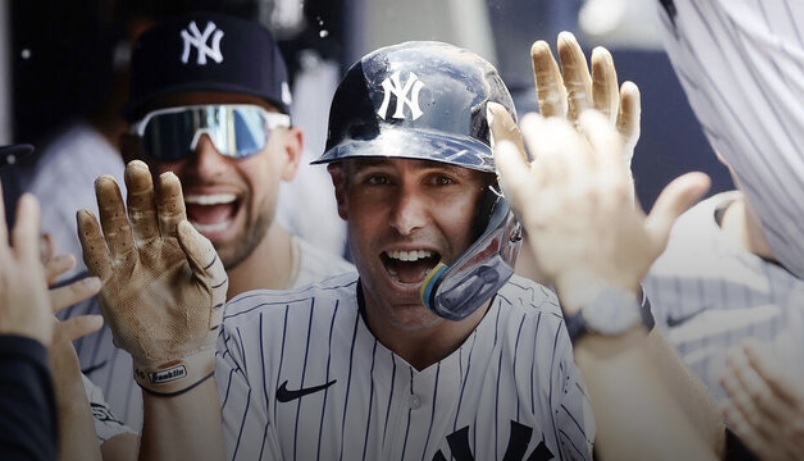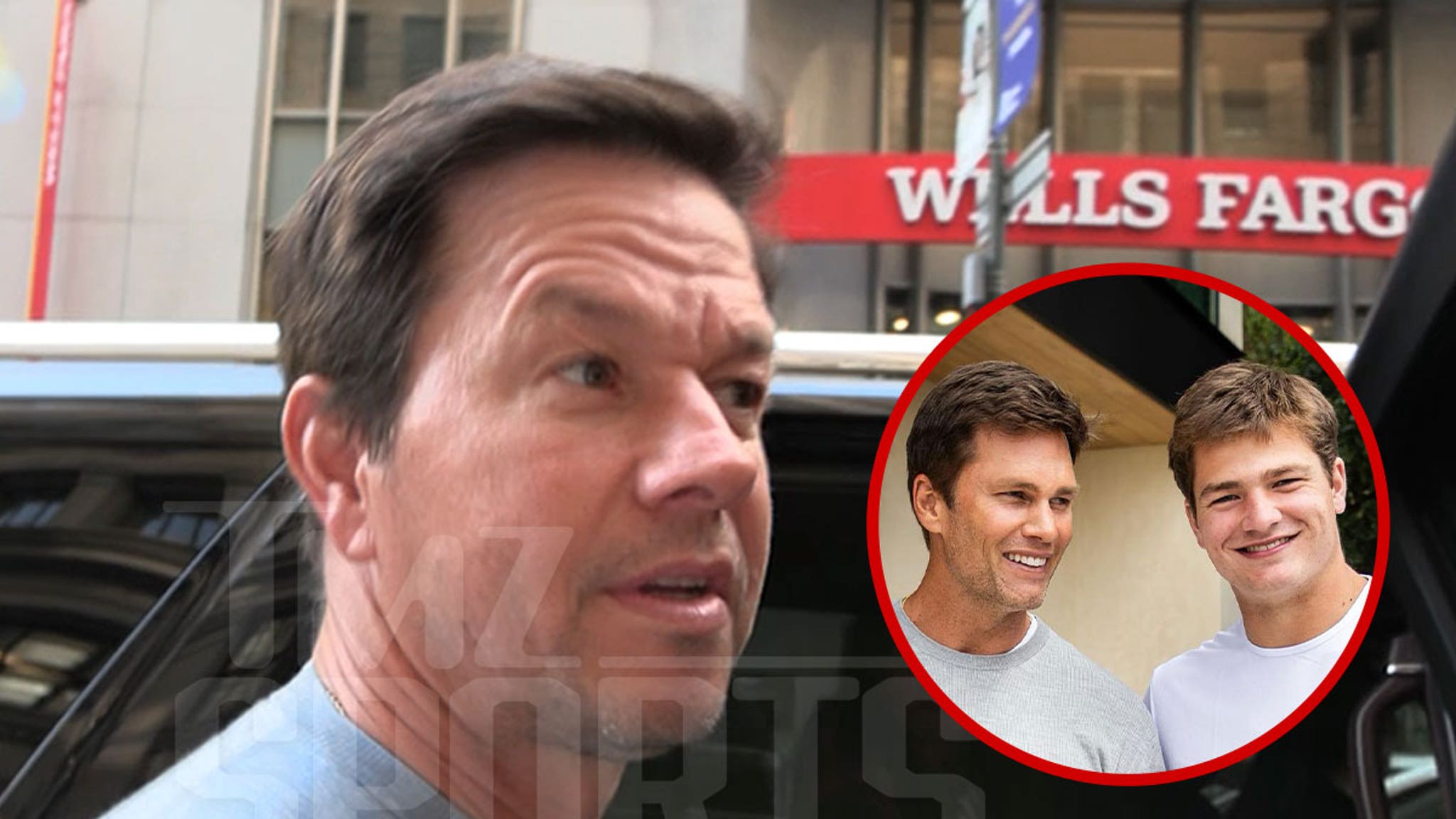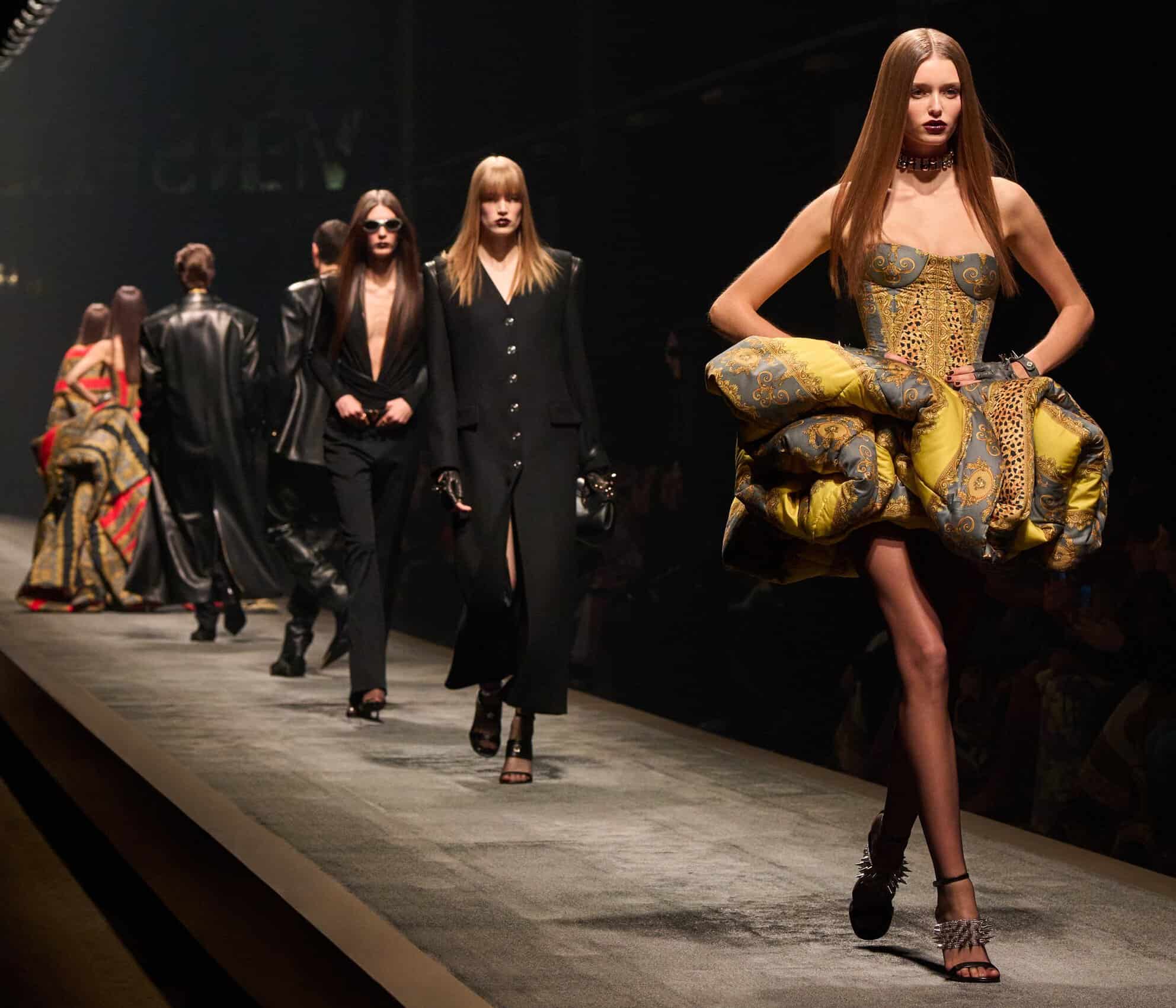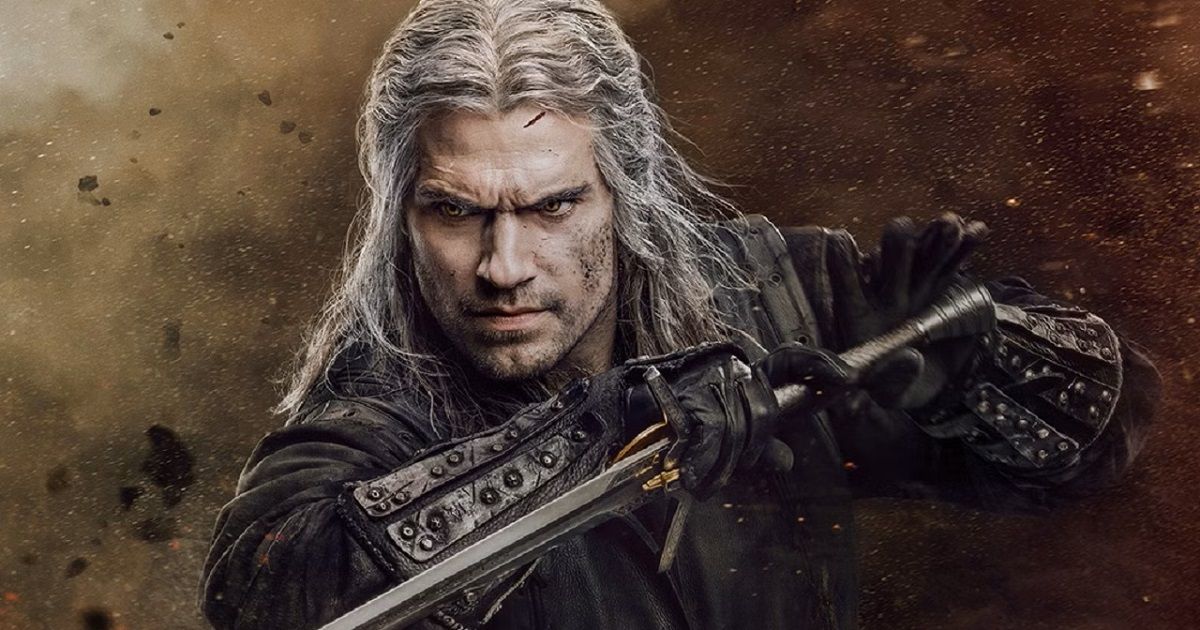

In the vast landscape of streaming television, few series have garnered as much attention and praise as Netflix’s adaptation of The Witcher. However, the latest installment of this once-beloved series has seen a steep drop in audience reception, signaling perhaps a crossroad in its journey.
Even with its fervent fan following and significant buzz, season three of The Witcher fell short of the acclaim its earlier seasons received. Debuting on June 29, the season’s first five episodes landed a modest 49 percent on Rotten Tomatoes. Hopes for a grand second half were dashed when the subsequent episodes, presented on July 27, further declined in ratings. Currently, the season’s audience score hovers at a dismal 22 percent. In a peculiar twist, critics seem to be more generous with their accolades, granting the season a respectable 77 percent.
The talk of the town has been Henry Cavill’s decision to depart from the series. Embodying the legendary character, Geralt of Rivia, for a trio of seasons, his leave created an unmistakable gap, one set to be occupied by Liam Hemsworth in the upcoming episodes. But could Cavill’s exit alone explain the plummeting audience ratings?
While Cavill’s decision to hang up his Witcher boots undeniably added fuel to the fire, a deeper analysis suggests a myriad of reasons for the audience’s dissatisfaction. Rewinding to season two, the warning signs were already there; the Rotten Tomatoes audience score dipped to 56 percent. This was long before whispers of Cavill’s departure were in the air, indicating underlying issues with the series.
RELATED: Why The Witcher’s Yennefer Casting Was So Important: ‘These Worlds Were So Predominantly White’
The Waning Magic of The Witcher: How Season 3’s Drift from Source Material & Diminished Depth Affected its Appeal
Netflix
A common bone of contention among the dedicated fanbase is the series’ noticeable shift away from its literary roots. Andrzej Sapkowski’s cherished book series laid the groundwork for the world of The Witcher, and many feel that season three has strayed too far from the path. It’s rumored that this very deviation played a pivotal role in Cavill’s decision to leave the series.
Additionally, Rotten Tomatoes reviews shed light on another point of concern: the perceived decline in character depth and world-building in the third season. The previous episodes of The Witcher received praise for their keen focus on intricacies and character development. However, season three, to many, seemed to be lacking in these aspects. Fans argue that their grievances stem not just from the absence of Cavill, but from a combination of elements that made the series less enchanting this time around.
With season 3 in the rearview and Liam Hemsworth gearing up to don Geralt’s mantle, the series is at a defining moment. The looming question: Will The Witcher reclaim its erstwhile charm that mesmerized viewers from all corners? Or has it permanently lost its charm, destined to become yet another cautionary tale in the annals of television history? Only time, and perhaps season four, will tell.
You can view the original article HERE.


